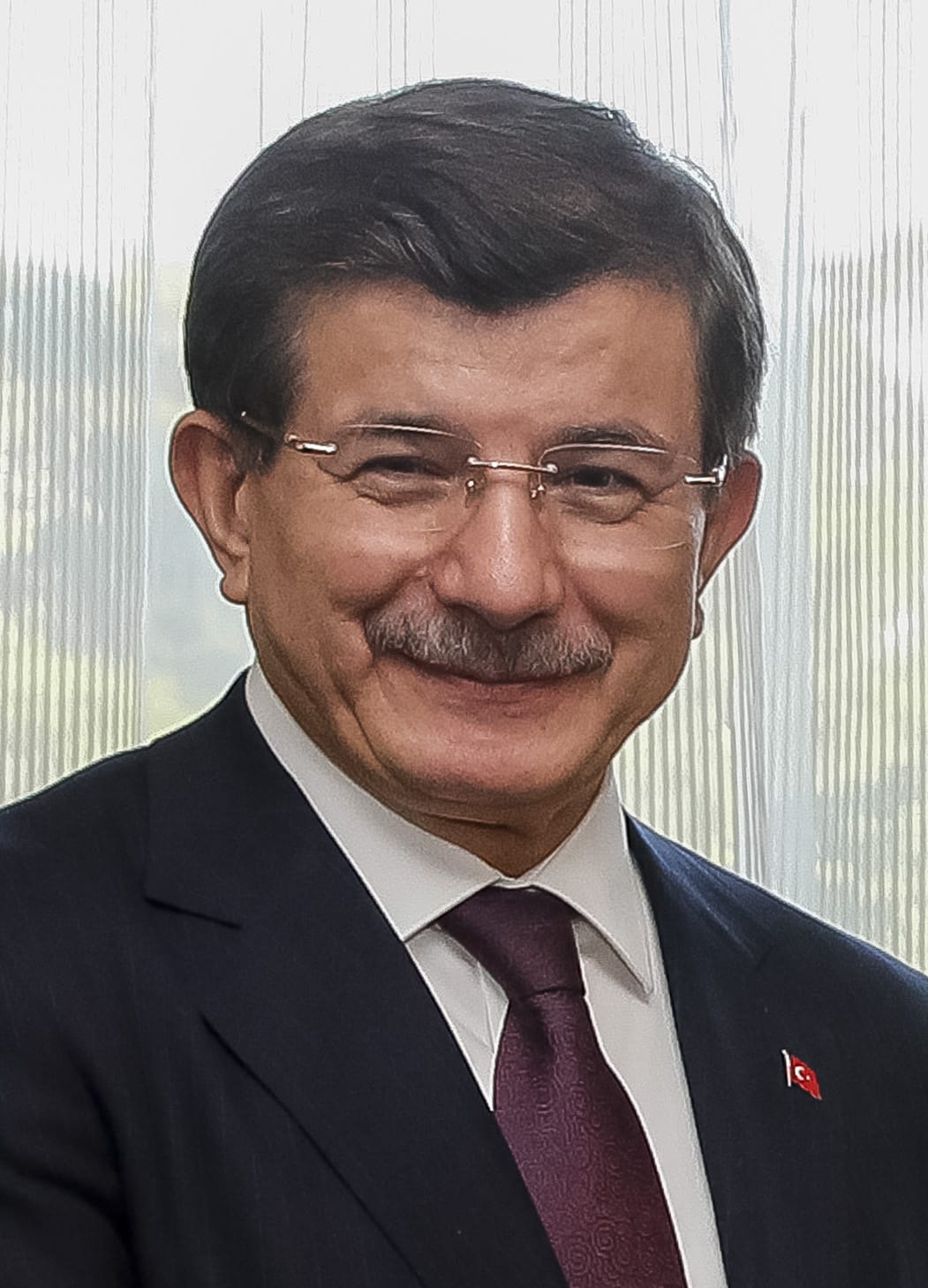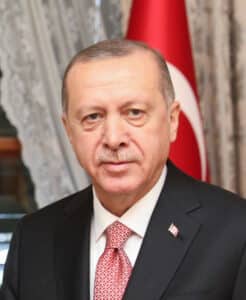On 12 December Ahmet Davutoglu, prime minister of Turkey from 2014 to 2016, registered a new political party called “the Future Party” at the interior ministry. The next day Davutoglu made the official announcement of the establishment of the party in a hall full of supporters. In a hard-hitting speech he called for a return to rule of law, the end of repression and a restoration of parliamentary checks and balances, claiming that “those that have no sense of justice have nothing to say for our nations’ future”. Davutoglu has criticized Erdogan and his Justice and Development Party (AKP) in the past, accusing them of economic mismanagement and limiting basic liberties and free speech. The former prime minister was a close ally of Erdogan but fell out of favour over multiple issues. Disagreements about the proposed changes in the constitution, increasing the power of the president, caused Erdogan to remove Davutoglu from office. Davutoglu remained quiet for a while but in anticipation of establishing a new party, he resigned from the AKP in September 2019, arguing that it could no longer provide solutions for the problems at hand and was preventing internal debate about the party policy. Davutoglu has previously attached high importance to improve ties between Turkey and the Arab world. The party is expected to erode support for the ruling (AKP) and President Recep Tayyip Erdogan, diminishing his grip on the Turkish Parliament.
Another breakaway party to be established
Davutoglu is not the only former Erdogan ally to break ranks in recent months, with former economy minister Ali Babacan also announcing plans to set up a new party in the coming weeks. Babacan resigned from the AK party in July 2019, citing deep differences. Recently Babacan warned Turkey of the dangers of ‘one-man rule’, and argued that Turkey was in a ‘deep tunnel’. Babacan is set to form a more liberal party than the AKP, which is expected to be established in January. Babacan already announced that an internationally renowned economist, Daron Acemoğlu, will take part in the new initiative, this reaffirms the aim of Babacan to get support from higher educated Turks. But as he is accused of having links with Islamic scholar Fethullah Gülen, it may be harder for Babacan to get votes form the conservative electorate in Turkey. Davutoglu’s party can be considered as a catch-all party for now, with most of his rhetoric aimed at establishing a ‘ new democratic’ order based on equal right and freedoms.
Hopes of challenging the current power structure
Opposition activists hope the new parties will weaken the AKP, which already saw reverses in this year’s municipal elections, losing several key cities, including Istanbul and Ankara, in part due to weakening economic conditions. Political experts point out that Davutoglu appeals to the voters, because unlike the ruling AKP clique he doesn’t have the reputation of being corrupt. Furthermore the council of the new party symbolizes all different segments of the Turkish society, containing Christians, Kurds, Alevits and hijab-wearing women. “Our party is a new breath into Turkish politics. The participation of so many members to the council shows that there is a need for such a political move. It is an alternative for the voters,” Davutoglu told reporters at his rally on 13 December. On the launch day of the Future Party, the leader of the new nationalist ‘Good Party’, Meral Aksener, announced that his party will support the Future Party to help make it into parliament at the next elections ,scheduled for 2023. It is almost certain that the new breakaway parties will form an alliance with relatively established parties to reach the 10 percent electoral threshold for the parliamentary elections. The opposition already succeeded in defeating the AKP in several cities in the recent local elections by forming tactical alliances. But it remains to be seen whether or not, the two former AKP big shots, Babacan and Davutoglu, can really change the current political structure, which is successfully dominated by Erdogan and the AKP in the past years.
Sources:Reuters ahval washingtonpost arabnews



